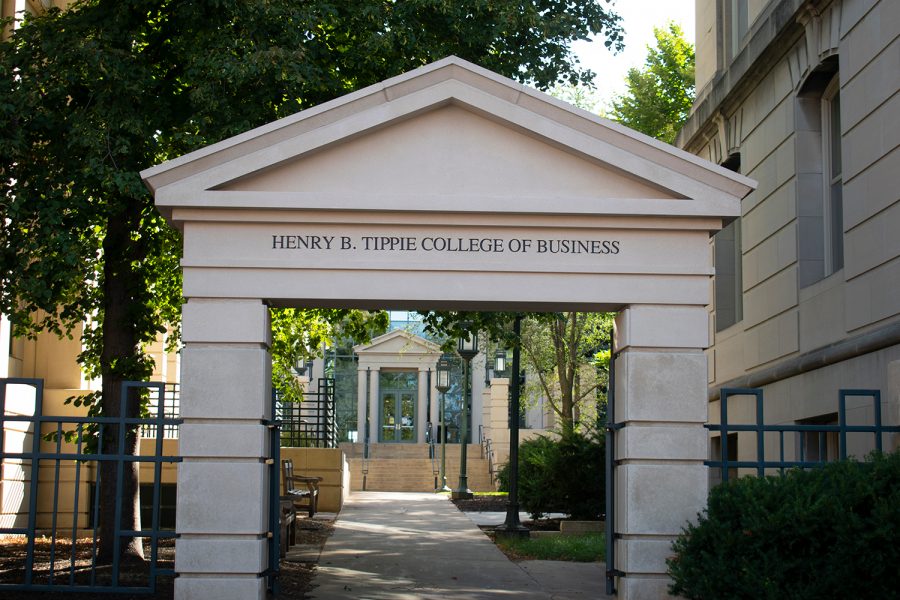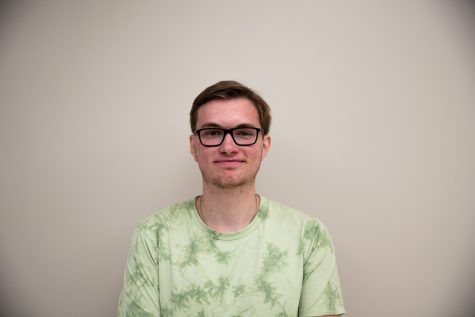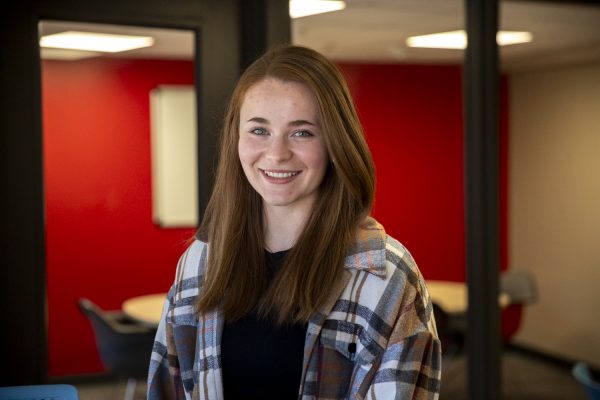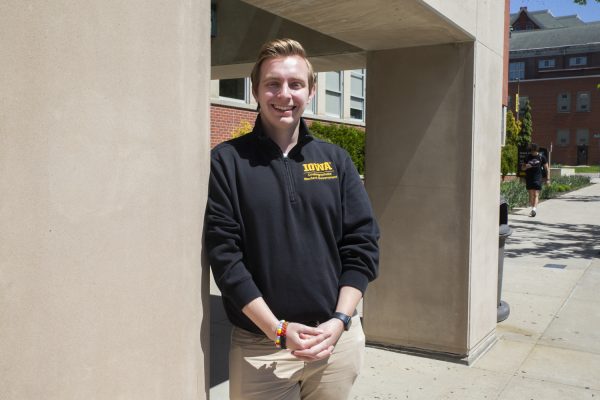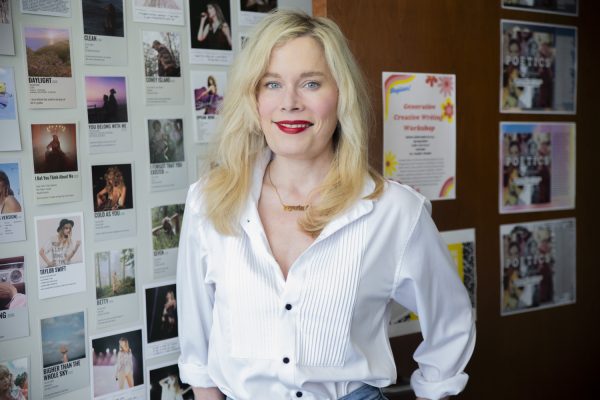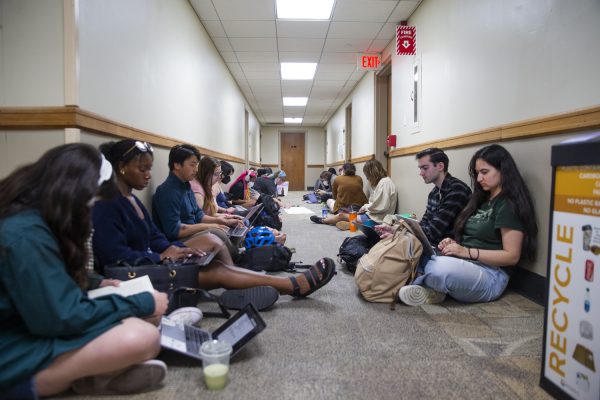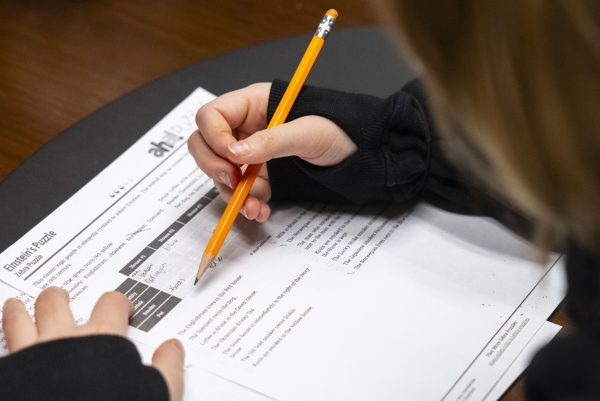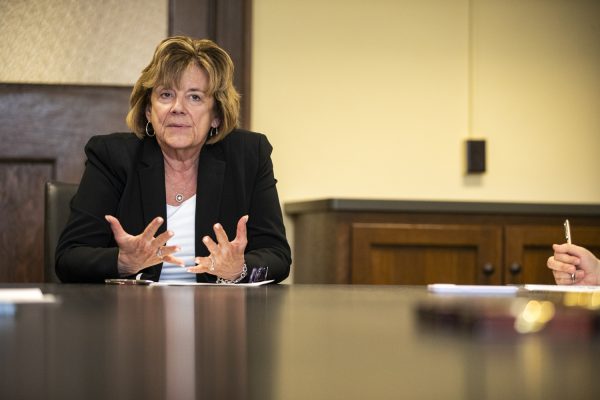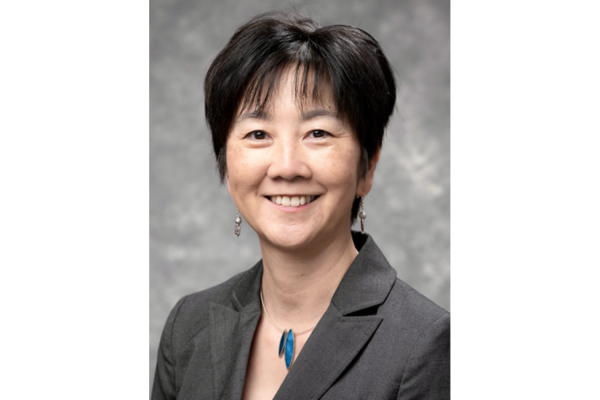UI students excel in virtual study abroad programs
The University of Iowa’s virtual study abroad programs, which have run for a year and a half, provide students with the flexibility to travel online wherever without added costs.
The Henry B. Tippie College of Business is seen on Sunday, Sept. 26, 2021.
September 27, 2021
One University of Iowa student has found interest in traveling and studying abroad because of a virtual course she took over the summer, as the study abroad options slowly return in person.
Shelby Enger, a sophomore studying marketing at the UI, participated in a virtual study abroad program through the Tippie College of Business this past summer.
The program took her to Singapore, Hong Kong, Australia, and New Zealand. She cited cost as a main reason to try out this program.
“I didn’t actually have any interest in studying abroad before this program,” Enger said. “It sounded like a good way to see if I maybe wanted to do it in-person someday.”
Enger said her experiences in the virtual study abroad program were a mix of educational and cultural activities as well as business briefings.
She said representatives from different companies around Asia would come and talk about their company and international business in the briefings. For the remainder of the time, students were able to ask questions.
“For the cultural activities, we had a cooking class taught by a chef from Australia,” Enger said. “We had a tai-chi lesson from Hong Kong.”
For Enger, the ability to explore the world’s culture and practices from her own home was very important.
“What made it different for me was the fact that we could look at multiple different countries from the comfort of home,” Enger said. “A lot of students, they have to pick just one place to go to and we were able to tour four of them in just three short weeks of doing this.”
Despite being uninterested in studying abroad in-person prior to her virtual experience this summer, Enger said she would be interested in going to Australia now. This sentiment was echoed by many in her study abroad group as well, Enger said.
Associate Director of Study Abroad at the UI Liz Wildenberg de Hernandez said the study abroad program is excited to work with people like Enger, who found interest in study abroad because of the affordability and flexibility provided by virtual study abroad programs.
Wildenberg de Hernandez added that she thinks the program will be popular with students who want to study abroad once the world’s COVID-19 situation improves.
“There are other countries in the world who are maybe at a better place than the US is right now with the pandemic,” Wildenberg de Hernandez said. “However, that doesn’t mean that things won’t change. Certainly, we’ve seen a lot of ups-and-downs throughout this last year and a half.”
UI Associate Provost and Dean of International Programs, Russ Ganim said the international-themed, virtual study abroad courses and internships are the product of university faculty. He said he thinks they will stick around even after the pandemic is over.
The program uses aspects of multimedia to give students the best possible experience, Ganim said. There are presentations for students, he said, that allow them to recreate the experience of downtown Barcelona and other cities across the globe.
“The faculty put together programming that kind of makes the students feel like they are abroad,” Ganim said. “They have to journal, they have to recount daily experiences, they have to connect with a culture other than their own.”
A positive aspect of the virtual study abroad and internship abroad programs is the cost, Ganim said. Many of these programs operate at one-third of the cost of a traditional program.
Still, Ganim said not being on location, in person for these study abroad programs is a big drawback.
“It doesn’t replace actually being there,” Ganim said. “Nothing really is a substitute for being in another country, observing how other people live and how they think.”
Ganim said the unpredictability and fluidity of the pandemic is the most problematic aspect of a return to traveling and studying abroad at full capacity. He said there are about 40 students returning to studying abroad in-person through the UI this semester.
One group of three students, Ganim said, is studying in South Korea and had to quarantine for two weeks before they were allowed into the country. Another small group is studying in Germany through the university’s Academic Year in Freiburg program, with other students located in Ecuador, Italy, and Spain.
Ganim said that the study abroad program is encouraged by what they’ve seen from the students who are currently studying abroad and by the number of students who are willing to go back to studying abroad, given that fall is not the busiest season for study abroad enrollment.
“I think over the mid-to-long term we’re optimistic that we’re going to come back,” Ganim said. “We would love to return to pre pandemic levels where we sent 1,200 students a year abroad. That’s the number we have in mind.”



